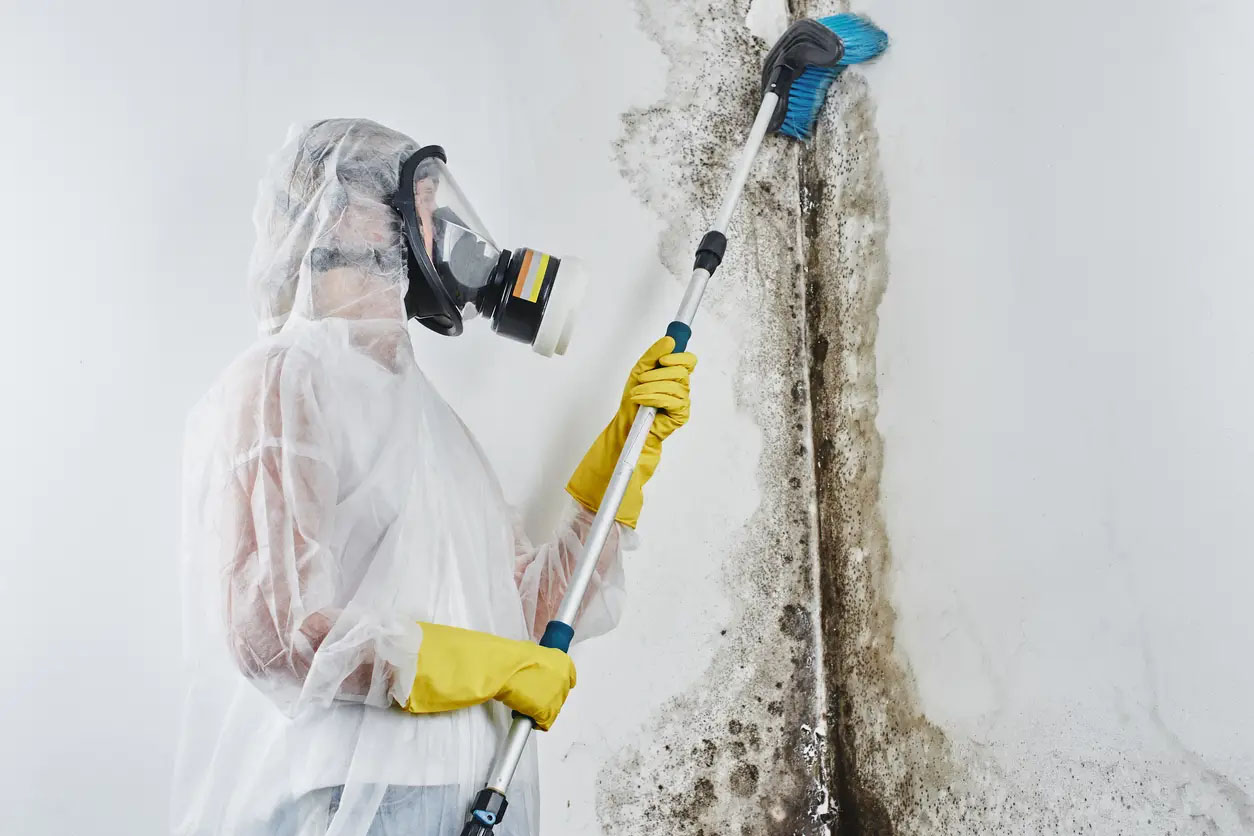What To Do About Mold in Your Rental Property
Mold is neither new nor exciting—it's as old as life itself, yet it has become a critical issue because of its potential danger. That's why mentioning the possibility of mold to any reputable property manager gets immediate and urgent attention. The damages awarded by courts for mold in a property can run in the millions—a situation you certainly want to avoid!
What Is Mold?
You can find mold spores everywhere—they are just living fungi. Although there are thousands of different species, there are generally five types of mold found in homes - Penicillium, Alternaria, Aspergillus, Cladosporium, and Stachybotrys Chartarum, commonly known as "black mold.”
"Black mold" is considered the most dangerous, but no mold should be ignored. To confuse the issue, "black mold" does not necessarily appear black, and any mold can appear dark or black.
Too much exposure to a toxic mold can cause serious health problems such as sinus and nasal infections, coughing, sore throat, skin abrasions, eye irritations, and upper respiratory infections, triggering other health issues such as asthma.
What Causes Mold?
Mold spores are in the air, but they need three things to grow: oxygen, moisture, and a food source. Oxygen and humidity are easy to find in all houses, and the food source can be any organic material, including carpet, carpet pad, wallpaper glue, building materials, and more.
Mold can develop from pipe leaks, standing water, running toilets, condensation, steam, roof leaks, moisture, flooding, poor drainage, poor ventilation, and more. A family of four can contribute 18 gallons of water vapor a week to the air in their home! If all that moisture is not vented or handled correctly, mold will form and become a problem.
How To Prevent Mold?
Keeping the property in good condition at all times is crucial to mold prevention. Preventative measures are definitely more cost-effective than mitigation after the fact. Ensuring plumbing works properly and water is not collecting anywhere can prevent problems.
Having adequate ventilation within the residence is also important. Working windows, heating, and air conditioning are vital factors here. It is much cheaper to retrofit windows than to pay an attorney and a tenant thousands in damages, not to mention many multiples of that awarded in a lawsuit. Hire professionals to do all work and check the heating and air conditioning systems for ducting, insulation, humidifiers, and vents.
What Can You Do if Mold Appears?
First and foremost, do NOT ignore any mold. If notified that a mold situation exists, ask questions and work to resolve the issue. The property owner and the property management company must work together as a team to solve the issue. Generally speaking, if mold is present, you have a water or moisture problem. Solve the water issue, and you have a great start to rectifying the situation.
Next, the extent of the mold must be determined immediately to discern the severity and the treatment. It may be necessary to call a mold specialist for this. There are often simple solutions for cleaning up mold, but a professional is sometimes required to handle the problem. No matter the cause, eradicate the mold quickly.
If the tenant is contributing to or causing the mold problem, counseling with them may be the proper action to take while treating the mold. Tenants must ventilate bathrooms and kitchens to remove moisture and have follow-up appointments to check for further evidence of mold. Removing a tenant who contributes to serious problems may be necessary, but handle it carefully and with plenty of documentation to avoid another potentially dangerous situation – discrimination charges.
Conclusion
Mold is an issue you should never ignore. Use common sense, practice preventative maintenance, and, if there is any evidence of mold, take immediate action. Please work with us, your property management team, to prevent severe liabilities for your investment.


